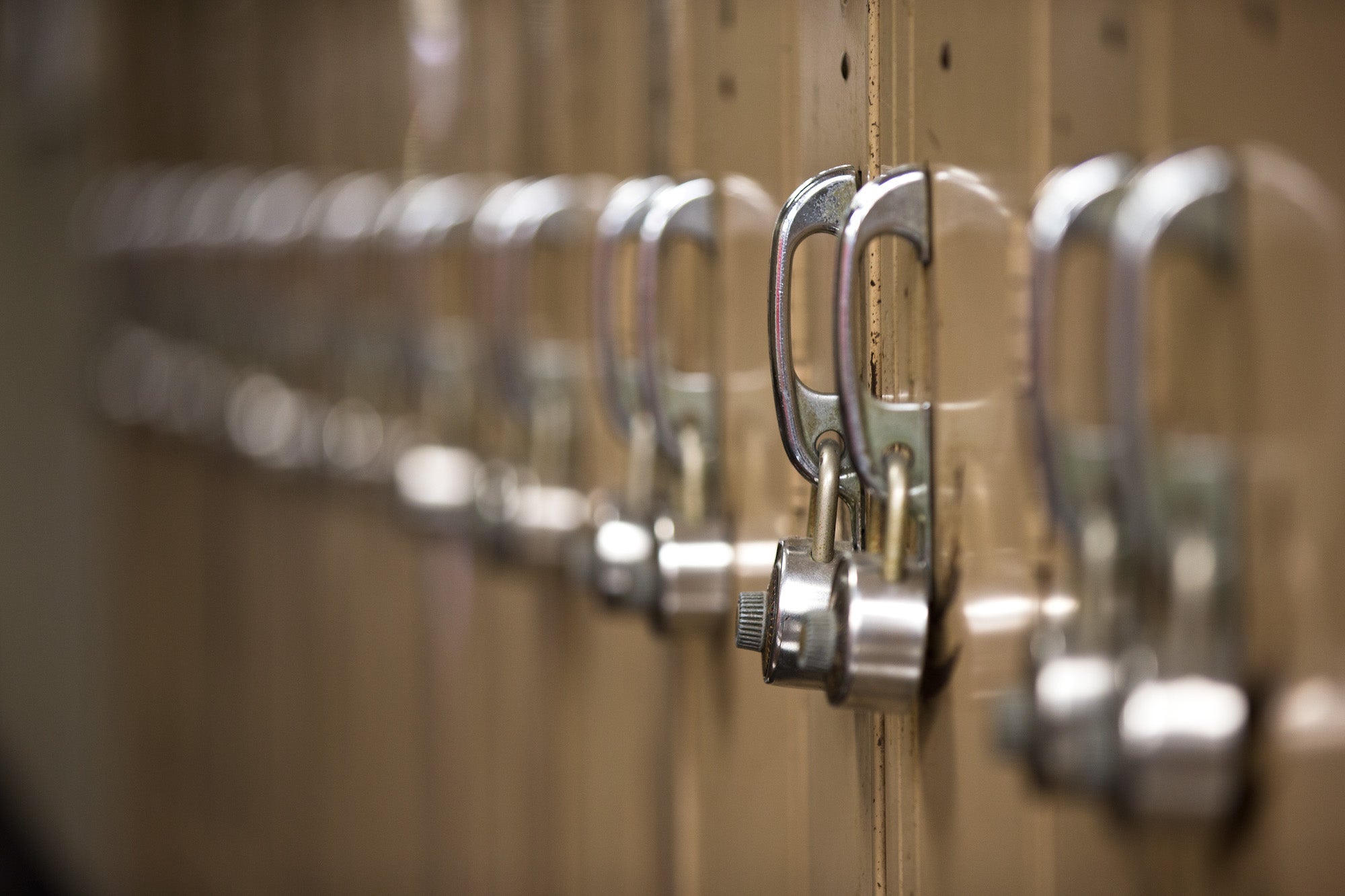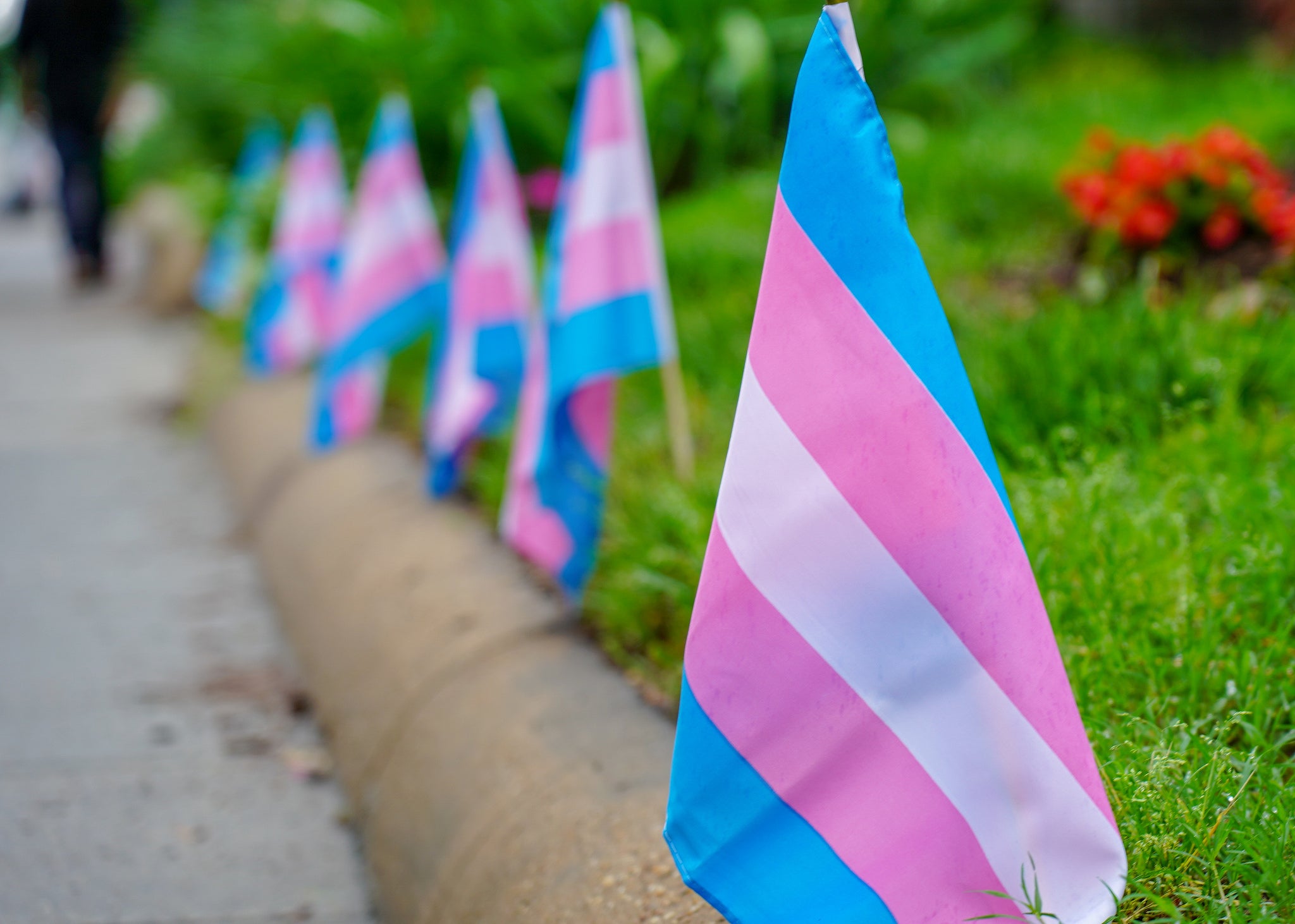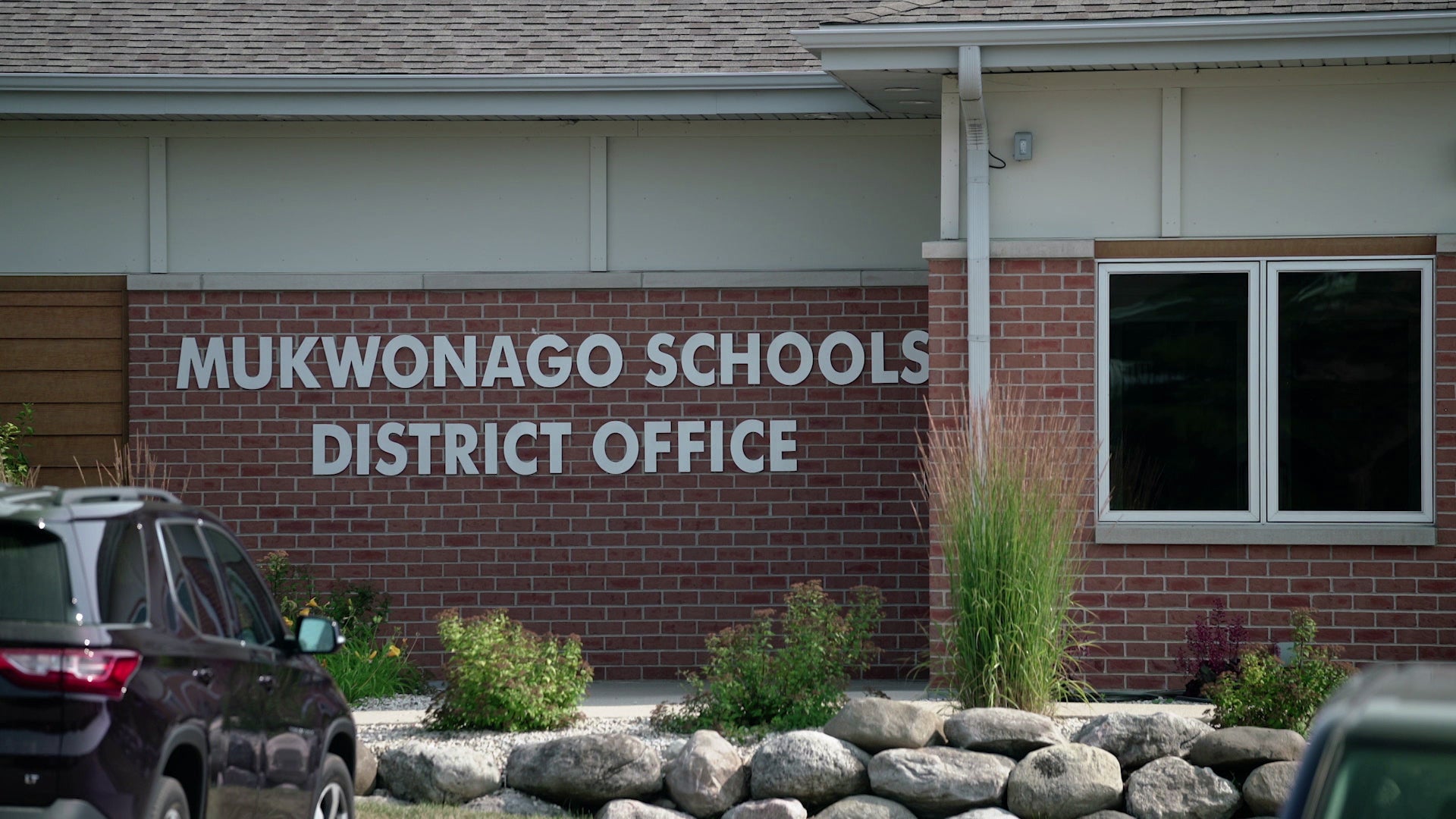Amid an ongoing culture war nationwide, a northern Wisconsin school board has upheld a decision to teach gender identity to elementary students as educators and parents clash over lessons on one’s internal sense of gender.
The Superior School Board voted 5 to 2 in a special meeting Thursday to uphold a decision rejecting a complaint from about 30 parents challenging a lesson plan that teaches gender identity to fifth grade students.
The parents filed an appeal to that decision on Aug. 3. They argued the lesson plan within the district’s human growth and development curriculum isn’t age appropriate and fails to meet the district’s own standards for teaching controversial issues.
News with a little more humanity
WPR’s “Wisconsin Today” newsletter keeps you connected to the state you love without feeling overwhelmed. No paywall. No agenda. No corporate filter.
Parents objected to videos and a slideshow they say persuades students into a belief about gender identity that hasn’t been scientifically proven. Those objecting included Brett Jones, a college professor who spoke on behalf of parents.
“Sadly, this chosen curriculum is one-sided, it’s favoritist, and it does not present a balanced view on the subject matter,” said Jones. “Where there is no intellectual balance, the result can be nothing other than persuasion and indoctrination.”
The parents wanted the board to suspend and review that part of the curriculum put forth this spring, as well as allow parents to opt into it. Under state law, no students are required to take any such instruction, but parents must opt out by filing a written request.
District Administrator Amy Starzecki defended her decision and the findings of a committee who reviewed the complaint. She said statements by one petitioner and the national rhetoric on gender identity have been highly offensive, contributing to a toxic school environment that marginalizes LGBTQIA students.
“This lesson is important in our work to ensure an inclusive setting that is free from harassment and bullying,” said Starzecki. “As a superintendent, my decision regarding this matter was to adopt and follow the committee’s recommendation made by educational experts.”
Starzecki noted a school board policy states no challenged material may be removed solely because it presents ideas deemed offensive to some parents. Regarding age appropriateness of the material, she said a panel of national and state experts have incorporated gender identity teachings into the fifth grade curriculum. Starzecki recommended continuing to teach the lesson while providing more transparency when notifying parents about the curriculum.
Around 40 parents, educators, residents and students spoke in support of or opposition to the lesson plan that included videos about using preferred pronouns and people who may feel their gender is different from their sex at birth.
Anna Calore, one of the parents who filed the complaint, said that lack of transparency felt like the district was intentionally hiding curriculum they knew would be concerning for some families. She said the appeal is not an effort to marginalize students.
“We love all students and believe all should be supported,” said Calore. “We believe this can be accomplished without this curriculum.”
Another parent who spoke said they’re not against transgender people, but they’re against administrators “trying to trans our kids.”
Superior High School student Kennedy Popplewell, whose preferred pronouns are she/they, said school is especially hard for them because they have to worry about whether teachers will accept them.
“I’m a survivor of suicide. I’ve tried multiple times. In the hate that I’ve experienced, it’s increased that. It’s increased my suicidal thoughts,” said Popplewell. “So why should we take this lesson away? Why should we take this education away? Why should we keep these students who want to express themselves hidden in a closet?”
One 2020 study found 82 percent of transgender individuals have thought about taking their own lives while 40 percent have attempted suicide with the highest risk occurring among transgender youth. Other research suggests LGBTQ youth are more than four times as likely to attempt suicide than their peers.
Crystal Hintzman, the district’s director of curriculum, said a youth risk behavior survey of more than 1,000 high school students in 2019 found around 62 percent of straight cisgender students said they felt they belonged at Superior High School compared to 33 percent of their LGBTQ peers.
Hintzman noted the curriculum was vetted four times and guided by the National Sex Education Standards. The Wisconsin Department of Public Instruction has identified those standards as the foundation for school districts developing human growth and development curriculum. Hintzman said teaching staff honor all requests from parents who opt their children out of the lesson plan.
The Superior School Board is the latest in Wisconsin to defend teachings on gender identity to younger students. Earlier this week, the Wauwatosa School Board changed its human growth and development curriculum for the first time in a decade. The changes include teaching kids in kindergarten about gender roles and gender identity to kids in the second grade, generating pushback from some parents and residents.
The debate over teaching gender identity in schools has resulted in a nationwide push among conservatives for legislation that focuses on gender identity in the classroom. The Washington Post reported in June that five states restrict what educators can teach with 10 states considering similar proposals. In Florida, a new law that critics have dubbed “Don’t Say Gay” bars teaching gender identity from kindergarten through third grade.
Last year, Wisconsin’s Republican-controlled Legislature introduced multiple bills that centered on LGBTQ youth. One bill introduced in September would require schools to inform parents and guardians when they provide a program related to gender, gender expression, gender identity or sexual orientation. The legislation failed to pass in the last session.
Wisconsin Public Radio, © Copyright 2026, Board of Regents of the University of Wisconsin System and Wisconsin Educational Communications Board.







